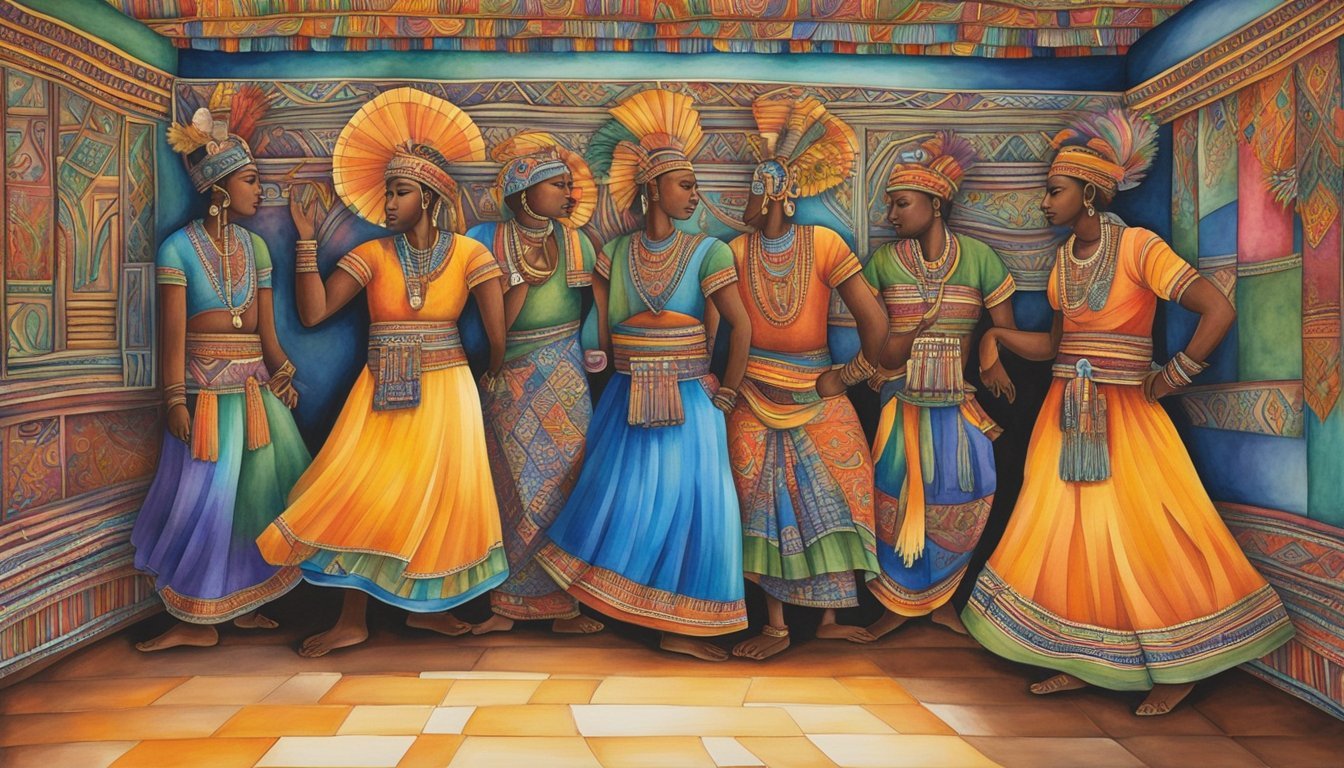Understanding Rizz
Delving into the concept of “rizz“, one encounters an intriguing linguistic phenomenon. Living at the intersection of digital culture and language evolution, rizz encapsulates more than just a colloquial noun; it’s a symbol of social flair.
Origins and Spread
The term “rizz” is believed to have gained popularity through digital platforms, particularly TikTok. It signifies a certain type of charm or charisma that aids an individual in socializing effectively. Often attributed to the influencer Kai Cenat, the use of “rizz” spread rapidly across internet communities, engrained by its frequent appearance in memes and videos within digital youth culture.
Sociolinguistic Impact
As a linguistic construct, rizz has come to embody more than just a fleeting internet slang. It reflects a specific generation’s approach to language—casual, fluid, but deeply rooted in a shared understanding of culture and confidence. Language experts note how such terms often serve as markers of identity within groups, further emphasizing the sociolinguistic significance of rizz amidst Gen Z.
Recognition by Language Authorities
The linguistic significance of rizz was cemented when the term was reportedly dubbed the Word of the Year by the Oxford University Press. Such recognition by a prestigious language authority not only validates its widespread use but also highlights the influence of internet slang on formal dictionaries. Casper Grathwohl, a language expert, has spoken on this digital evolution, noting how these terms migrate from online memes to everyday conversation, thus shaping the way people communicate and socialize in the new digital age.
Cultural Manifestations of Rizz

Rizz, as a concept, has woven itself into numerous facets of modern popular culture, influencing how attractiveness and charisma are perceived and enacted across different platforms and interactions. From social media influencers to mainstream celebrities, the ability to effortlessly showcase rizz has become a defining trait of charm and confidence. Interestingly, even clowns and their historical roots highlight the performance of charisma, as their exaggerated expressions and engaging personas have long captivated audiences. This parallel underscores how rizz, much like theatrical entertainment, relies on timing, delivery, and an intuitive understanding of social dynamics.
Rizz in Social Media and Entertainment
On social media and in the entertainment industry, rizz often equates to an individual’s ability to exude charm and attract others, often spotlighting this charisma without overt expressions of interest. Notably, figures like Tom Holland exemplify rizz, as his portrayal of Spider-Man welcomed significant admiration for his effortless charisma both on and off the screen. The concept has also spread through Twitch streams and other live broadcasts, where content creators leverage their personal swag to boost views and engage audiences. Subcultures within the entertainment realm, such as Swifties – fans of Taylor Swift – have latched onto the term, using it to express their appreciation of Swift’s confidence and her ability to command a room.
Rizz in Personal Interactions
In everyday life, rizz influences how personal attractiveness is gauged. Confidence is a key player; one might say that engaging in casual flirting is a display of rizz or “game”. Conversations around unspoken rizz emphasize an individual’s innate allure that doesn’t require words. The pandemic, by forcing more nuanced digital communications like DMs or situationships, also underscored the value of natural charm. In this context, terms like “beige flag” have emerged, which may describe a lackluster online presence—the antonym of rizz. Meanwhile, “negative rizz” or lacking rizz altogether, speaks to those moments of awkwardness or social missteps that are part of the human experience.
The Lexicon of Rizz
Rizz has generated a vocabulary within pop culture lexicons, encompassing terms like “rizzler” (someone possessing rizz), and playful variations like “rizzard of oz” that have gained traction among Gen Z audiences. The concept of rizz also transitions to new phrases readily adopted by younger demographics, such as “iykyk” (if you know, you know) which often alludes to rizz without explicitly stating it. Language institutions like Merriam-Webster monitor these colloquialisms, noting their prevalence and potential inclusion into more formal dictionaries. The integration of rizz into daily vernacular reflects its pervasive influence on modern communication and social dynamics.

